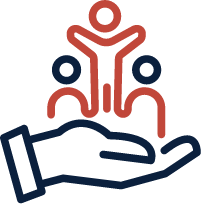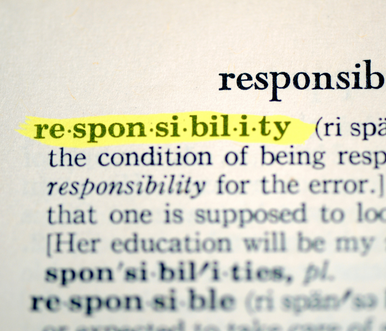While the concept of equal employment opportunity has been around since the 1960s, it has only been more recently that organizations have really begun to dig into what it means to value individual differences among employees. The justification for actively cultivating a more diverse team in terms of gender, ethnicity, and other traditionally underrepresented categories is far from being about image alone. In its 2020 report, Diversity Wins: How Inclusion Matters, McKinsey & Company demonstrated the strong business case for pursuing an approach of diversity, equity, and inclusion (DEI).
Among the companies studied, McKinsey found that those with over 30% women executives were more likely to perform companies where the percentage was only 10 to 30%, and in turn, those companies outperformed those with even lower numbers of women executives. Companies that ranked in the top quartile for cultural and ethnic diversity outperformed those in the lowest quartile by 36% in profitability. In short, doing the right thing has clear benefits for the bottom line.
Doing Good in the World
In the way that DEI initiatives face inward, corporate social responsibility (CSR) efforts face outward, on the ways in which an organization interacts with the wider world. This can include philanthropic donations, making public statements (or not) on political issues, and otherwise expressing the core values of the organization through action and policy. By focusing on key issues that resonate with both your organizational values and your customers, a strong CSR program can enhance your reputation, build customer loyalty, and improve morale, among other competitive advantages.
Both DEI and corporate social responsibility have the potential to strengthen your organization and enhance your brand when done well. Unfortunately, when they are poorly implemented, or worse, seen as a cynical attempt to disguise business as usual with a progressive veneer, the backlash can do considerable harm to your organization’s reputation.
Cultivating a Supportive, Values-Guided Environment
Organizations that have committed to creating a supportive, equitable, and inclusive environment for their teams have found that reaching that goal is not just a matter of hiring the right people and walking away. Breaking down unconscious systems of bias requires an ongoing process of open communication without fear of retaliation, in which all can listen and learn. It can be difficult for employees to speak up when they experience or witness instances of cultural conflict or bias, intentional or inadvertent.
#NotMe gives them all members of your organization the means to report anonymously, building trust that they can reach out safely when needed. In turn, their feedback gives you the insight you need to ensure that your DEI and CSR programs are backed up with action that proves the intention behind your words.
To find out more about how #NotMe can help your DEI and CSR initiatives, or to request a demo, contact us here.









